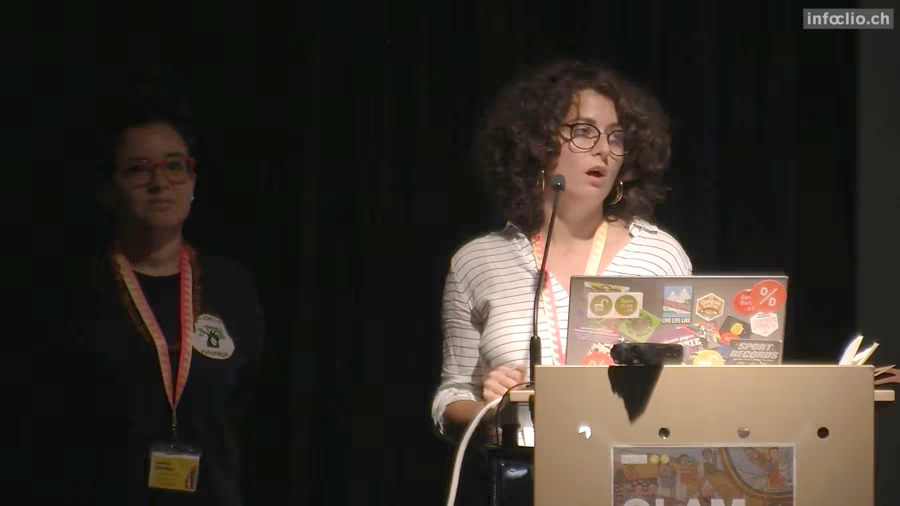
GOAL: Decolonising the MEG's inventories through research and analysis of semantic violence : create a programme to tag MEG inventories and identify racist and discriminative terms or problematic provenance indications.
DATASETS: https://opendata.swiss/dataset/metadata-meg-collections
CONTEXT: MEG offers online consultation of the 70,000 objects in its collections, using inventory sheets supplemented by one or more photographs of each item, a "cartel" or "list" description and links to the various digitised old inventory registers.
Far from being neutral and objective, metadata has inherited the information contained in the inventories that preceded it, and is always historically situated.
An OCR scan of the MEG inventory registers, which were drawn up between 1901 and 1993, can be used to search by keyword for colonial, racist or disrespectful terms, or indications of an acquisition context that is ethically reprehensible today.
The aim of this challenge is to create a programme to search and tag the MEG's metadata for discriminatory, racist and violent semantic traces in the description of its collections:
- relating to the denomination or invisibilisation of the identity of their creators, the people depicted on the artworks and the cultural owners
- relating to the description and supposed use of the object
- relating to provenance, i.e. more precisely to the acquisition process (theft, looting, confiscation, unfair trade during colonial era).
As part of its commitment to transparency, the museum also has a duty to warn and guide users of its historical data so that they are not confronted with violent and racist terms without contextual warning.
The idea is that the disclaimers/tags appear on the online database of the MEG: https://www.ville-ge.ch/meg/sql/musinfo00.php
METHOD: -Create a thesorus of colonial, racist, problematic terms to be search in the database and OCR scan -Build a disclaimer system which could respond to different cases of semantic violences -Create a programm capable of producing a "decolonial" analysis of the ethically reprehensible information contained in the MEG database